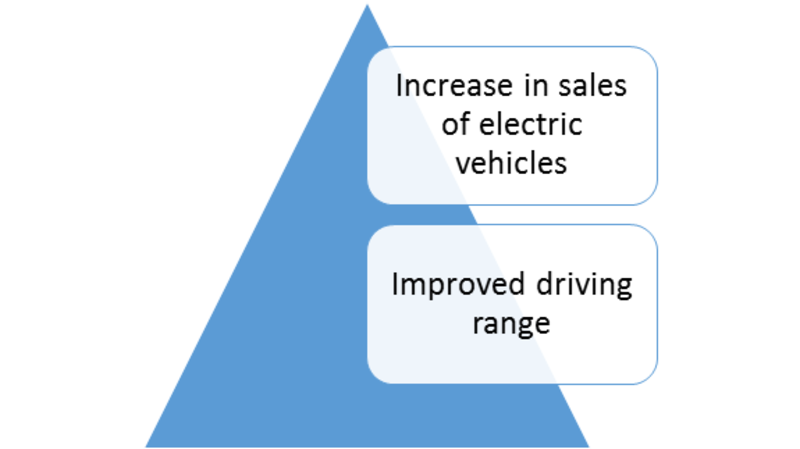Pune, India, February 06, 2018 /MRFR Press Release/- Market Research Future published a half cooked research report on global electric vehicle motor market. The electric vehicle motor market is expected to grow at ~20.50% CAGR during the period 2022 to 2030.
Electric Vehicle Motor Market Highlights:
A motor in electric vehicle provides the force that is essential for the propulsion of a vehicle. Therefore, the use of an effective motor is very essential in electric vehicles. Electric motor refers to a machine that converts electrical energy into mechanical energy by facilitating the interaction of magnetic field with the current.
One of the drivers for the growth of the market is the rise in the demand for improved driving range of electric vehicles. The range and emission levels in electric vehicles are dependent on the electric powertrain control systems. Motors play a vital role in controlling the electric powertrain. Improvements in technology of manufacturing electric vehicle motor, are helping in the improvement of the driving range, thereby driving the growth of the market.
The increase in sales of electric vehicles is expected to lead to an increase in demand of technologically advanced electric motor for cars. This is expected to intensify the level of competition among electric vehicle motor manufacturers.
Browse In-depth Details [Table of Content, List of Figures, List of Tables] of Electric Vehicle Motor Market Research Report
Stringent environmental norms, and rise in the demand for vehicles with better fuel efficiency drive the automotive manufacturers to install lighter components for weight reduction of electric vehicles. This would further help meet the demand for lower emissions and better mileage.

Market Research Analysis
Based on motor type, the global electric vehicle motor market has been segmented as DC brushed motors, DC brushless motors, induction (asynchronous) motor, synchronous motor and switched reluctance motor. Amongst these, induction (asynchronous) motor segment is expected to hold the largest market share and grow significantly over the forecast period. Three phase induction motor is widely used in electric vehicles, owing to features such as high efficiency, good speed regulation and absence of commutators. The three phase AC supply is connected to stator winding, due to which revolving magnetic field is established. This magnetic field interacts with stationary rotor conductors, and induced current flows through rotor conductors. Induced current establishes a magnetic field, which gives rise to unidirectional torque.
All electric motors are designed to operate at maximum efficiency at rated output of a motor. When an electric motor is used in electric vehicle, the motor will be operated at different loads. For this reason, motors of varied power ratings are being employed such as <40 kW, 40 kW-80 kW and >80 kW. Amongst these, the 40 kW-80 kW segment is expected to dominate the growth of the global electric motor market over the forecast period.
Scope of the Report
This study provides an overview of the global electric vehicle motor market, tracking three market segments across four geographic regions. The report studies key players, providing a six year annual trend analysis that highlights market size, volume and share for North America, Europe, Asia Pacific (APAC) and Rest of the World (ROW). The report also provides a forecast, focusing on the market opportunities for the next five years for each region. The scope of the study segments the global electric vehicle motor market by motor type, power rating and regions.
By Motor Type
- DC brushed motors
- DC brushless Motors
- Induction (Asynchronous) motor
- Synchronous Motor
- Switched Reluctance motor
By Power Rating
- <40 kW
- 40 kW-80 kW
- >80 kW
By Regions
- North America
- Asia Pacific
- Europe
- Rest of the World
Key Players:
The prominent players in the Electric vehicle motor Market include Continental AG (Germany), Hitachi Automotive Systems, Ltd. (Japan), Tesla, Inc. (U.S.), BYD Auto Co., Ltd. (China), Denso Corporation (Japan), Metric Mind Corporation (U.S.), Mitsubishi Electric Corporation (Japan), Allied Motion Technologies Inc. (U.S.), Robert Bosch GmbH (Germany), and Siemens AG (Germany).